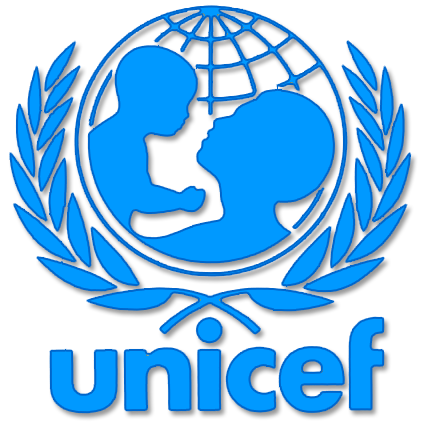 As part of UNICEF’s Water, Sanitation and Hygiene (WASH) programme, the Netherlands is injecting 100 million Euros into Ghana’s urban sanitation drive in Ho, Tamale and Ashaiman in the next three years.
As part of UNICEF’s Water, Sanitation and Hygiene (WASH) programme, the Netherlands is injecting 100 million Euros into Ghana’s urban sanitation drive in Ho, Tamale and Ashaiman in the next three years.
UNICEF is already tackling endemic open defecation in some rural communities in the Volta, Central, Upper West, Upper East and Northern regions under the Community Led Total Sanitation (CLTS) Programme.The Urban sanitation programme was therefore seen as the municipal component of the UNICEF WASH programme.
Ghana government would commit 50 million Euros to the programme to increase household toilets, sustainable water, and improve general sanitation in the three municipalities, Madam Elsie Appau, Policy Advisor, Water Governance, Netherlands Embassy, told a stakeholders meeting in Ho.
The stakeholder workshop was to draw strategies for implementing the programme.
Lessons from the programme would be applied in the remaining municipalities in the country.
Madam Appau said there was donor fatigue and every resource from development partners should be judiciously applied and projects approached with the highest level of commitment.
Madam Appau said the private sector has a crucial role to play in realizing the objectives of the programme.
Mr Tony Tsekpe-Akuamoah, National Co-ordinator of the Community Led Total Sanitation (CLTS), Ministry of Local Government and Rural Development (MLGRD) lamented that Ghana was among the worst performers in sanitation worldwide.
He said it therefore became necessary to fashion out strategies to tackle urban and rural sanitation in a sustainable way.
Mr Tsekpe-Akuamoah said commitment and effective leadership, “the number one mandate of the Assemblies”, were therefore central to achieving sustainable sanitation countrywide.
Mr Samuel Hansen-Galley, Ho Municipal Environmental Officer enumerated a number of staggering sanitation inadequacies and challenges in the Municipality.
These included lack of effective bye-laws, “political interference,” non-enforcement of building regulations and fewer environmental health officers to oversee sanitation in the sprawling municipality among others.
Source: GNA























